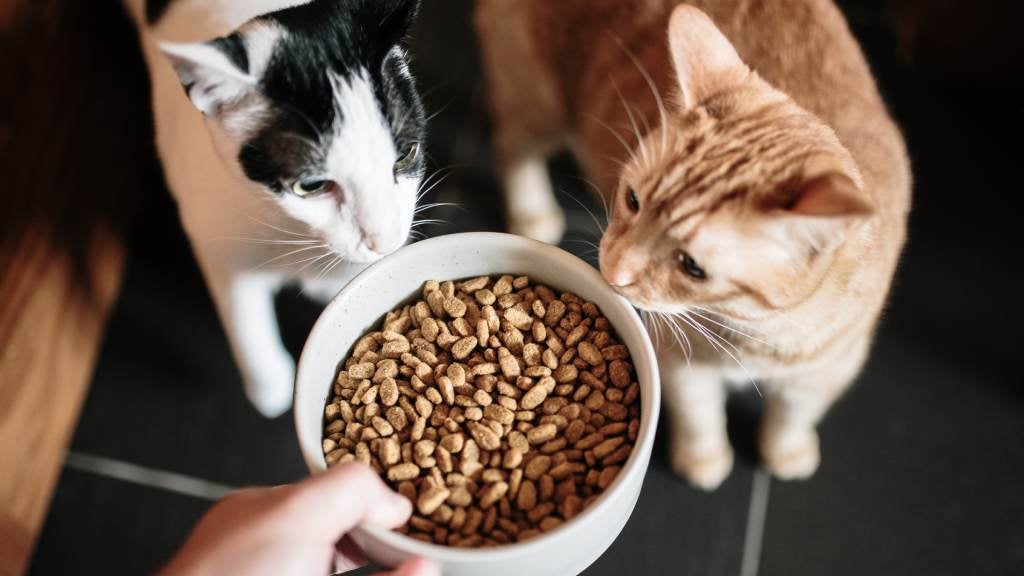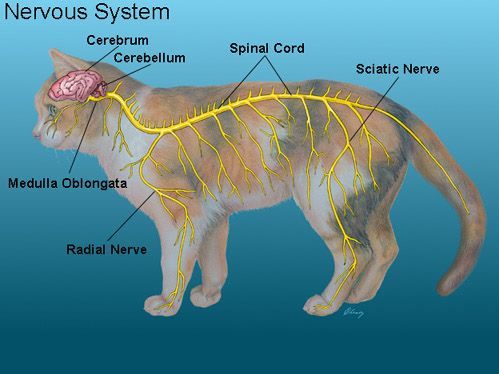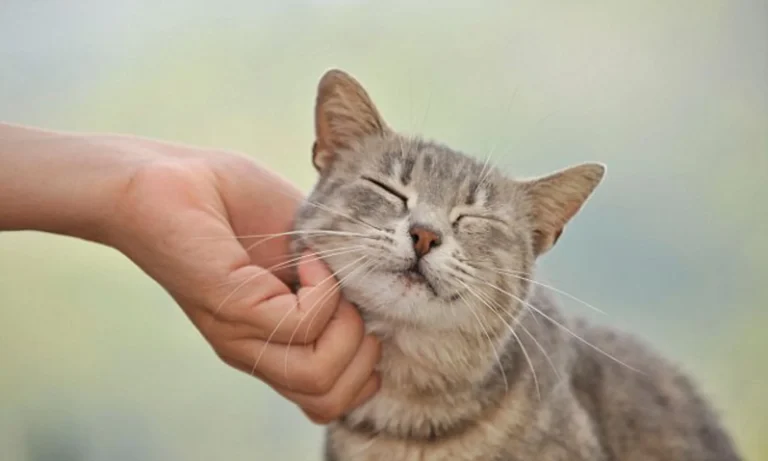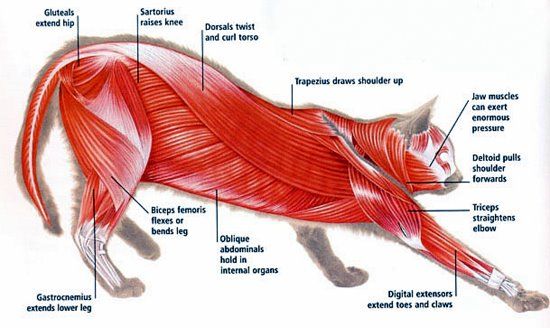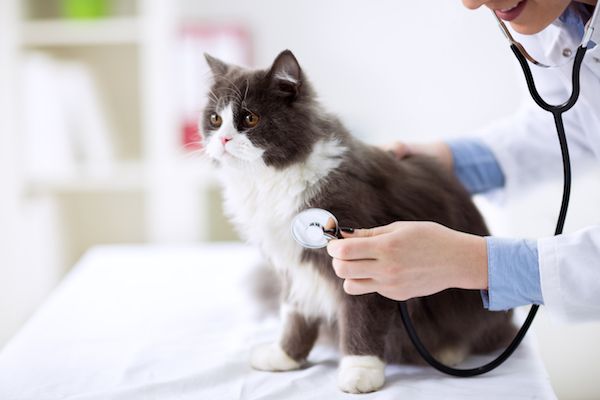Unveiling the Secrets of Cat Nutrition and Diet: A Comprehensive Guide
Introduction:
Cats, with their alluring eyes and captivating purrs, have captured the hearts of pet owners worldwide. Their health and well-being, just like ours, depend on a balanced and nutritious diet. Understanding cat nutrition and diet is crucial for ensuring the longevity, vitality, and overall well-being of our feline companions. This comprehensive guide will delve into the intricate world of cat nutrition, exploring the essential nutrients, dietary requirements, and common dietary concerns.
Essential Nutrients for Cats:
Cats, like humans, have specific nutritional needs that must be met through their diet. These essential nutrients include:
1. Protein: Protein is the cornerstone of a cat’s diet, serving as the primary building block for muscles, tissues, and organs. Cats are obligate carnivores, meaning they must obtain protein from animal sources. High-quality protein sources include chicken, beef, fish, and eggs.
2. Fats: Fats are a concentrated source of energy and provide essential fatty acids, including omega-3 and omega-6 fatty acids. These fatty acids play a crucial role in maintaining healthy skin, coat, brain function, and immune system.
3. Carbohydrates: Carbohydrates are a source of energy for cats, but they are not as essential as protein and fats. Cats can derive carbohydrates from various sources, including grains, fruits, and vegetables.
4. Vitamins and Minerals: Vitamins and minerals are essential for a multitude of bodily functions, including metabolism, bone health, and immune function. Cats require a balance of vitamins and minerals, including vitamins A, D, E, and K, and minerals such as calcium, phosphorus, and potassium.
Dietary Requirements for Cats:
In addition to essential nutrients, cats have specific dietary requirements that must be considered:
1. Age: A cat’s dietary needs change throughout its life. Kittens require a higher protein and calorie intake to support their rapid growth and development. Adult cats need a balanced diet that provides the necessary nutrients for maintaining a healthy weight and overall well-being. Senior cats may have reduced appetites and specific nutrient requirements due to age-related changes.
2. Activity Level: Active cats have higher energy needs compared to sedentary cats. Adjusting the calorie intake accordingly is essential to prevent weight gain or loss.
3. Special Needs: Cats with certain health conditions may require specialized diets to manage their conditions. For instance, cats with kidney disease may need a diet low in phosphorus and high in potassium.
Common Dietary Concerns in Cats:
Several dietary concerns are commonly encountered among cats:
1. Obesity: Obesity is a growing problem among cats, leading to various health issues, including diabetes, heart disease, and arthritis. Overfeeding, lack of exercise, and an imbalanced diet can contribute to feline obesity.
2. Urinary Tract Issues: Cats are prone to urinary tract infections and other urinary problems. A diet high in moisture and low in magnesium can help prevent these issues.
3. Food Allergies: Food allergies can manifest in cats through skin irritation, digestive problems, and respiratory issues. Identifying and eliminating the offending food ingredient is crucial for managing food allergies.
4. Dental Disease: Dental disease is prevalent in cats, leading to pain, difficulty eating, and potential health complications. A diet that promotes dental health, such as one with crunchy kibble, can help reduce the risk of dental disease.
Conclusion:
Cat nutrition and diet play a pivotal role in their overall health and well-being. Understanding the essential nutrients, dietary requirements, and common dietary concerns is paramount for providing cats with the optimal nutrition they need to thrive. Consulting with a veterinarian is always recommended to create a personalized diet plan tailored to your cat’s specific needs, ensuring a long and healthy life

